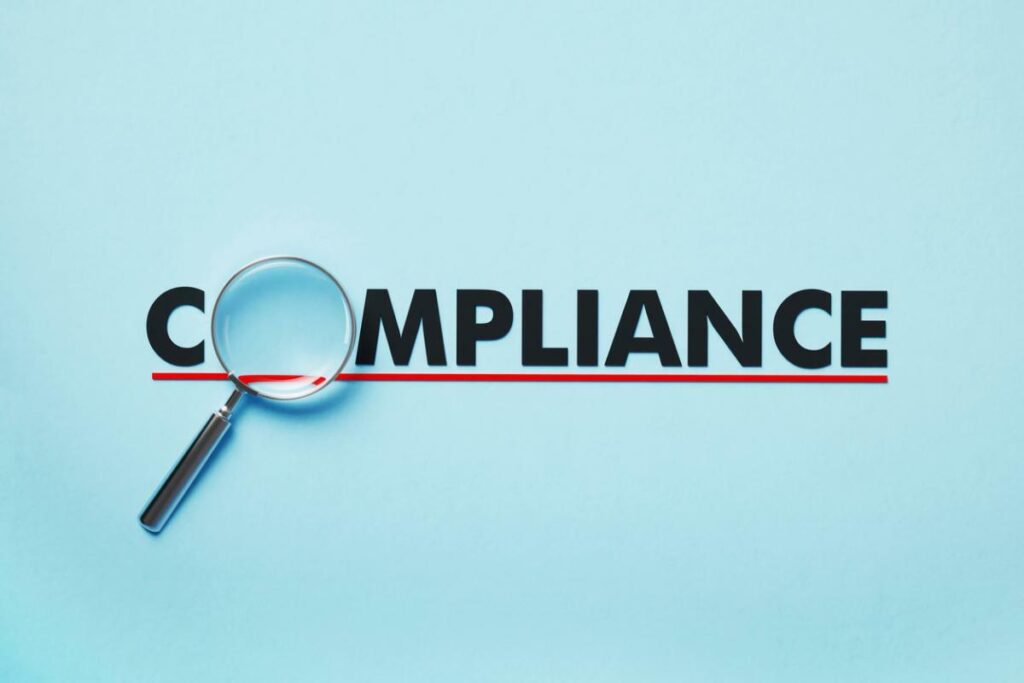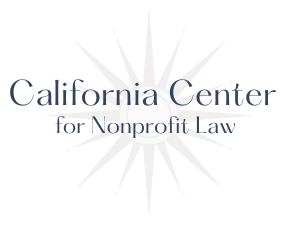
California’s Employee/Independent Contractor Standards and How They Differ from the New DOL Regulations
In a move that impacted many states without existing laws distinguishing between employees and independent contractors, the U.S. Department of Labor (DOL) issued a final rule earlier this year on the subject. The DOL final rule, which went into effect on March 11, 2024, clarifies when a worker qualifies as an employee and an independent contractor under the Fair Labor Standards Act (FLSA).
However, California state law already addressed this issue when Governor Gavin Newsom signed Assembly Bill (AB) 5 into law in September 2019. California’s law classifying workers as employees and independent contractors is stricter than the DOL’s final rule, so it takes precedence for California employers. Therefore, California employers should continue to comply with the existing state law standards on this issue rather than attempting to change to the looser federal standards found in the DOL final rule.
The California Center for Nonprofit Law is here to educate and guide you regarding all measures and best practices that your charitable organization should follow to avoid legal problems in the future. We will advise you to properly operate your charitable organization according to all local, state, and federal regulations and laws. Contact us today at (949) 892-1221 to see how we can help.
California Law and the ABC Test
AB 5, and later, AB 5523, added a new article to the California Labor Code to address a worker’s employment status when a hiring entity categorizes them as an independent contractor. Under AB 5, employers must apply the “ABC test” that the California Supreme Court first adopted in Dynamex Operations West, Inc. v. Superior Court, 4 Cal.5th 903 (2018). The results of this test determine whether a worker is an employee for the purposes of the Labor Code, Unemployment Insurance Code, and Industrial Welfare Commission (IWC) wage orders.
The ABC test states that a worker is an employee and not an independent contractor unless the hiring entity meets all three of the following conditions:
- The worker is free from the control and direction of the hiring entity in connection with the performance of the work, both under the contract for the performance of the work and in fact;
- The worker performs work that is outside the usual course of the hiring entity’s business; and
- The worker is customarily engaged in an independently established trade, occupation, or business of the same nature as that involved in the work performed.
Exceptions to the ABC Test
The ABC test does not apply in all situations. If a court determines that the ABC test is inapplicable for a reason other than an express exception, such as if a federal law preempts the ABC test, the Borello test will apply. The Borello test is a multifactor test the California Supreme Court developed in S.G. Borello & Sons, Inc. v. Dept. of Industrial Relations 48 Cal.3d 341 (1989). This test requires the consideration of 13 different factors, none of which are dispositive or given more weight than others. All potentially relevant factors play into the analysis, and courts have emphasized different factors in the Borello test depending on the circumstances.
Furthermore, if the State Legislature or IWC has defined an employment relationship in a certain way, the ABC test does not apply to establish employee status or employer liability. In those situations, the specific language in IWC wage orders, the Labor Code, or the Unemployment Insurance Code will remain in effect.
For some occupations, the Borello test automatically applies without further requirements. Concerning other occupations, the Borello test applies only after the hiring entity satisfies other requirements that the ABC test is inapplicable.
Comparing the ABC and Borello Tests
The ABC and Borello tests start from the presumption that a worker is an employee, not an independent contractor. The hiring entity has the burden of proving that the worker is an independent contractor. However, the ABC test is supposed to make it easier for both the worker and the hiring entity to determine a worker’s status in advance so that the outcome is more predictable than under the Borello test.
Furthermore, if the hiring entity cannot meet any one of the three factors in the ABC test, the worker is an employee. In contrast, the Borello test does not rely on any one factor. The absence of one factor in the multifactor test will not lead to one conclusion or the other. Only consideration of all relevant factors will lead to the determination of whether a worker is an employee or an independent contractor.
Allow Us to Answer Your Questions About Independent Contractor Issues
The California Center for Nonprofit Law dedicates its efforts to the daily legal matters that charities face, including ongoing compliance with local, state, and federal law. Call us today at (949) 892-1221 and schedule a time to discuss your case. Get your questions answered and learn more about how we can help.
